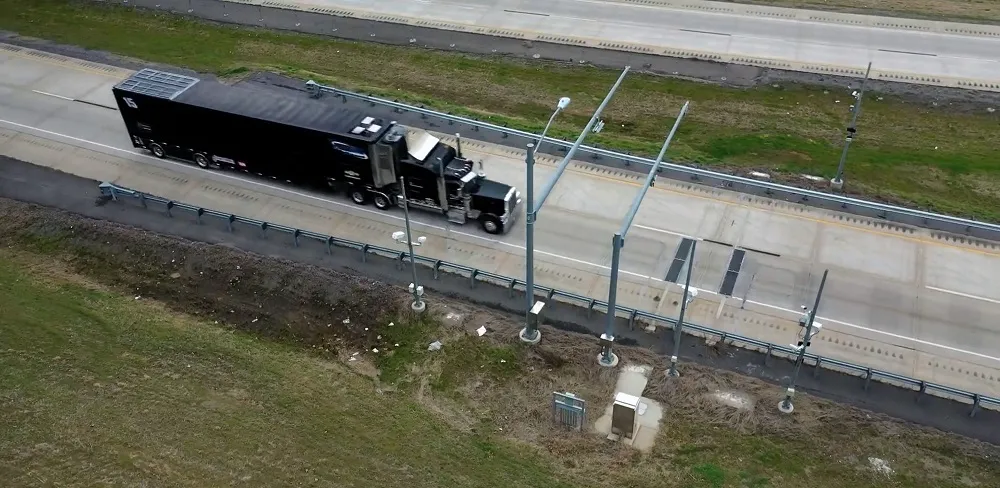Sense.DAT is a smart app that has been developed to fully support panel-based travel research. It can measure, analyse and store outdoor travel behaviour (travel diaries) and travel experience data. The sensors in a traveller’s iPhone detect where and when they travelled, by what mode and by which route. It offers a daily travel overview, including statistics that can be accessed through a calendar.
August 3, 2015
Read time: 1 min

Sense.DAT is a smart app that has been developed to fully support panel-based travel research. It can measure, analyse and store outdoor travel behaviour (travel diaries) and travel experience data. The sensors in a traveller’s iPhone detect where and when they travelled, by what mode and by which route. It offers a daily travel overview, including statistics that can be accessed through a calendar.
The system has Data security and privacy protection have been given particular attention so that the collected data will be used solely for research purposes.
Each trip can be viewed, approved and, if necessary, corrected by the user.8188 DAT.Mobility claims that in this way highly accurate and complete travel diaries can be obtained with little effort. Sense.DAT includes self-learning algorithms to detect habitual patterns in behaviour. As a result, the app will automatically detect frequently used routes and frequently visited places.
The system has Data security and privacy protection have been given particular attention so that the collected data will be used solely for research purposes.
Each trip can be viewed, approved and, if necessary, corrected by the user.










